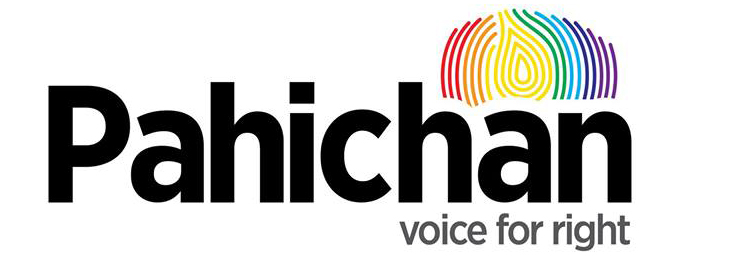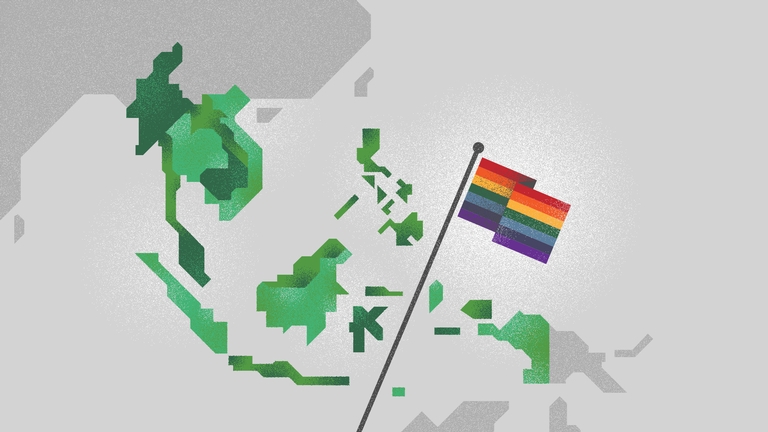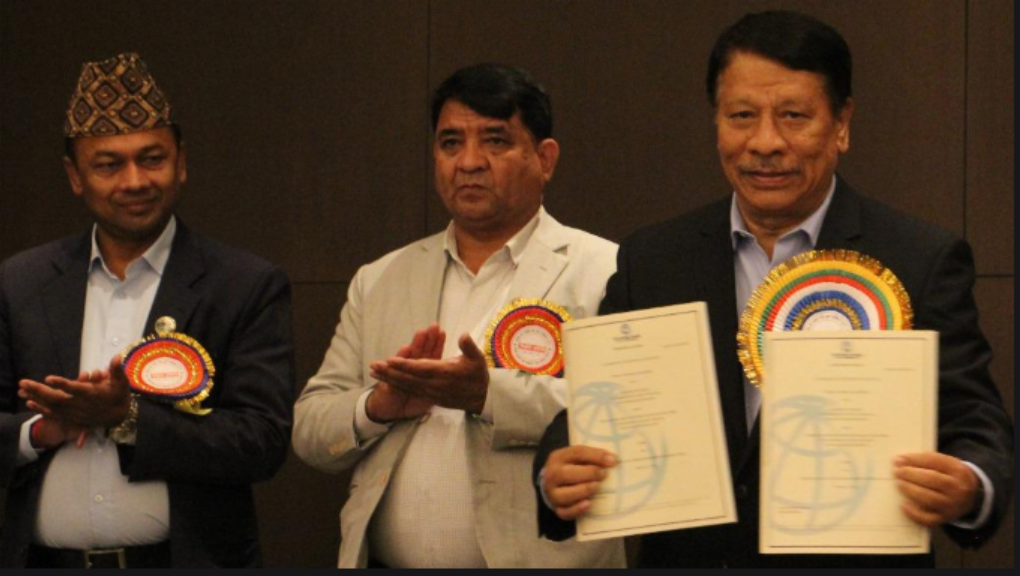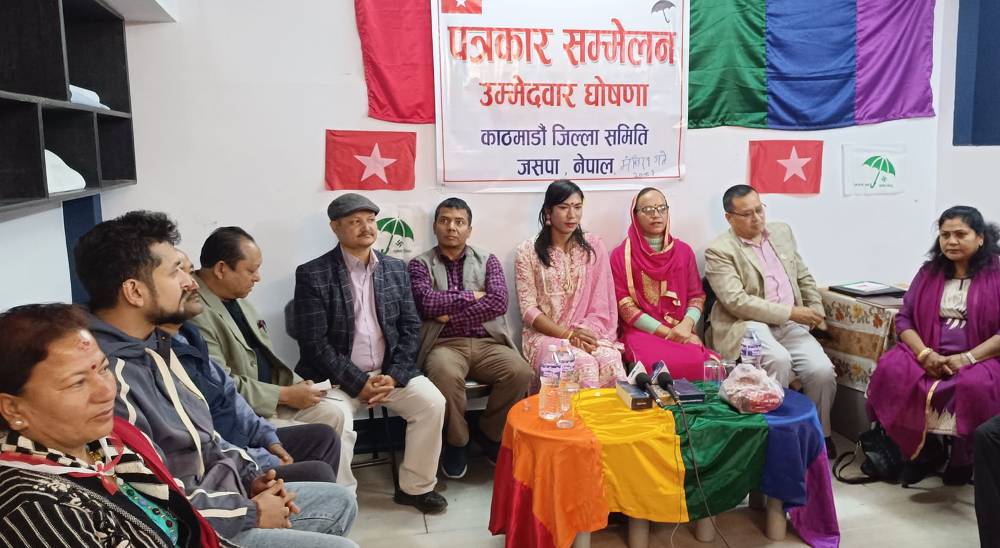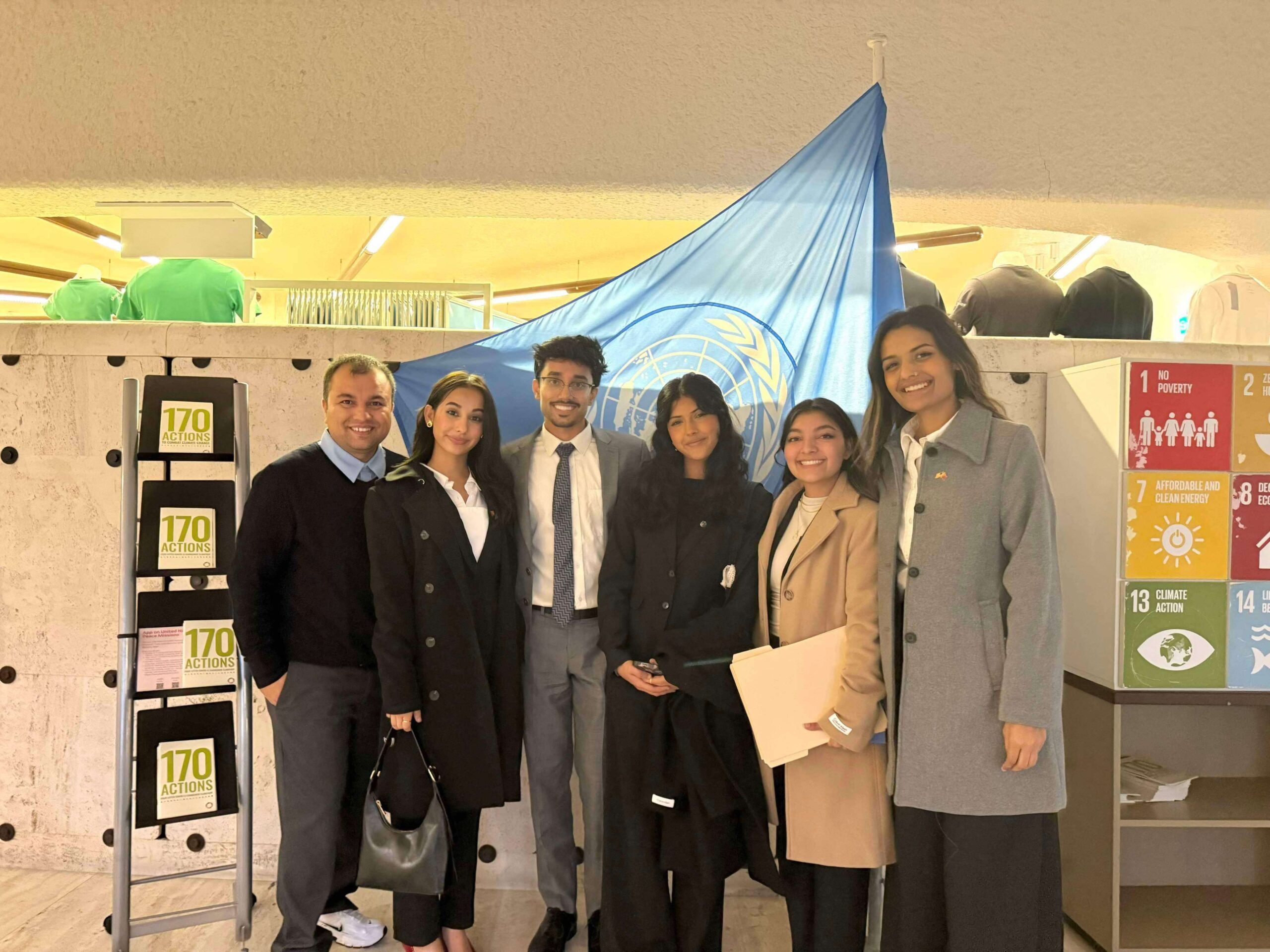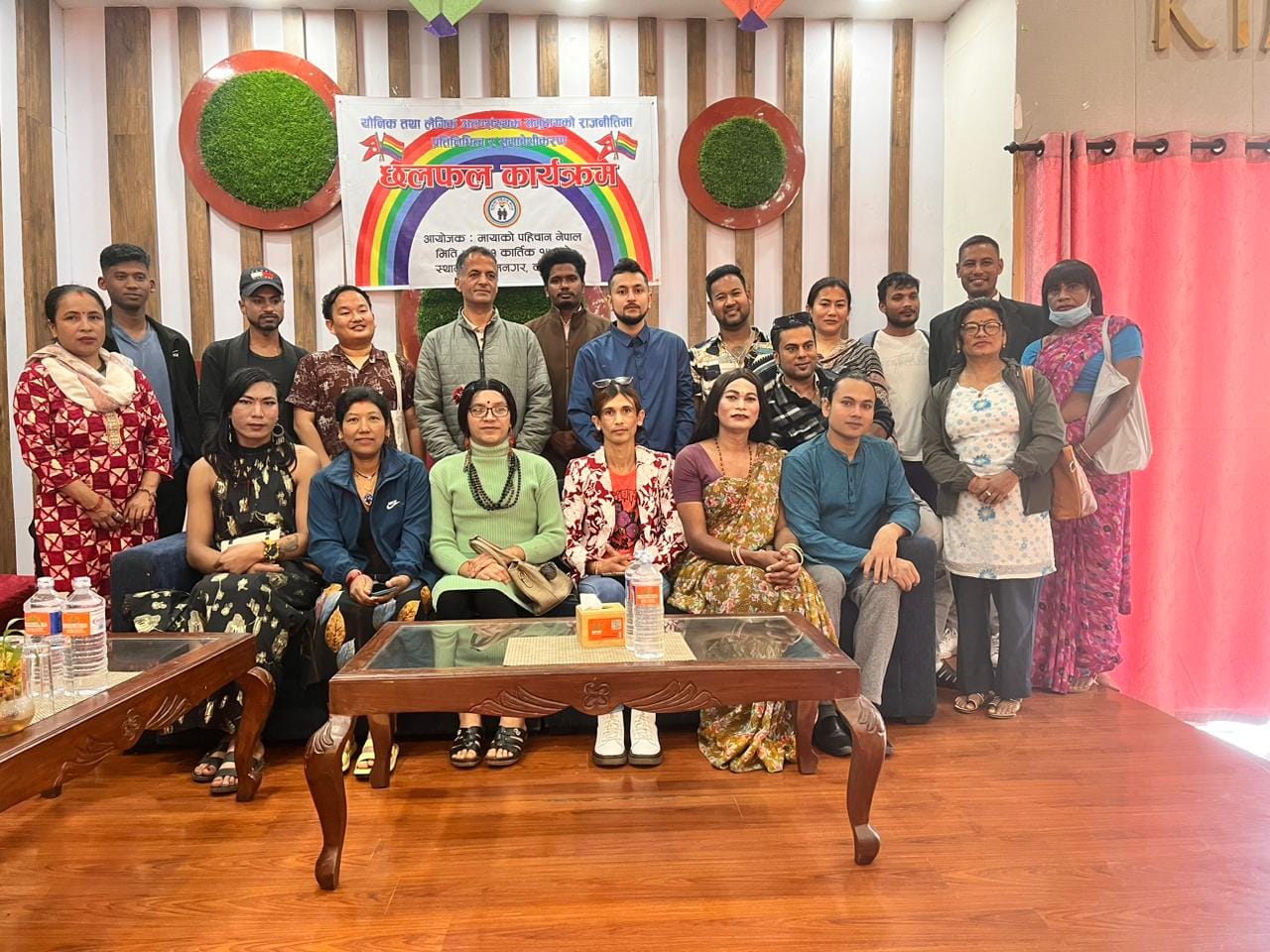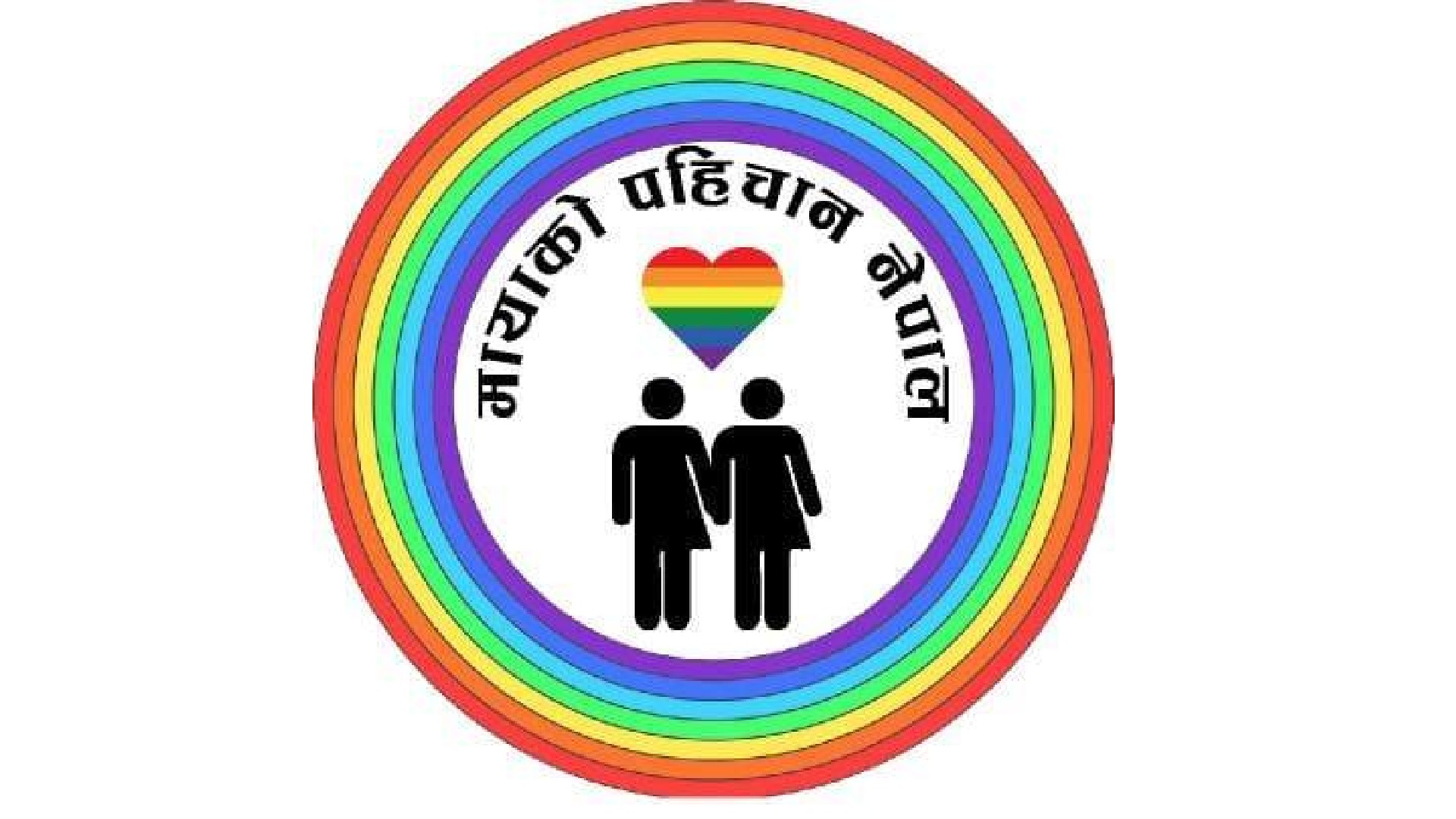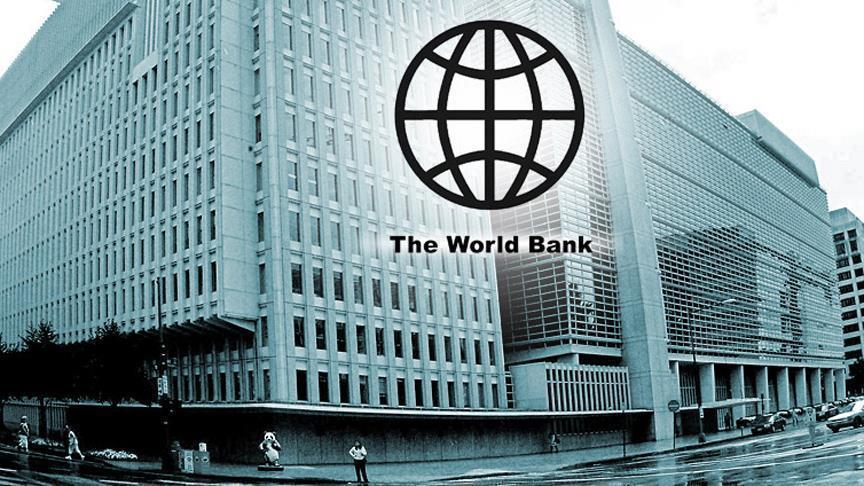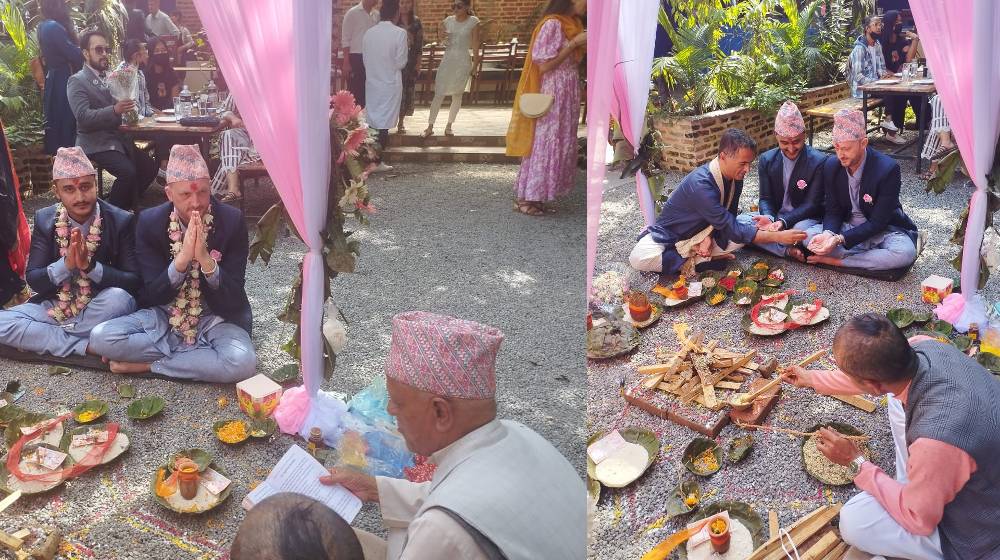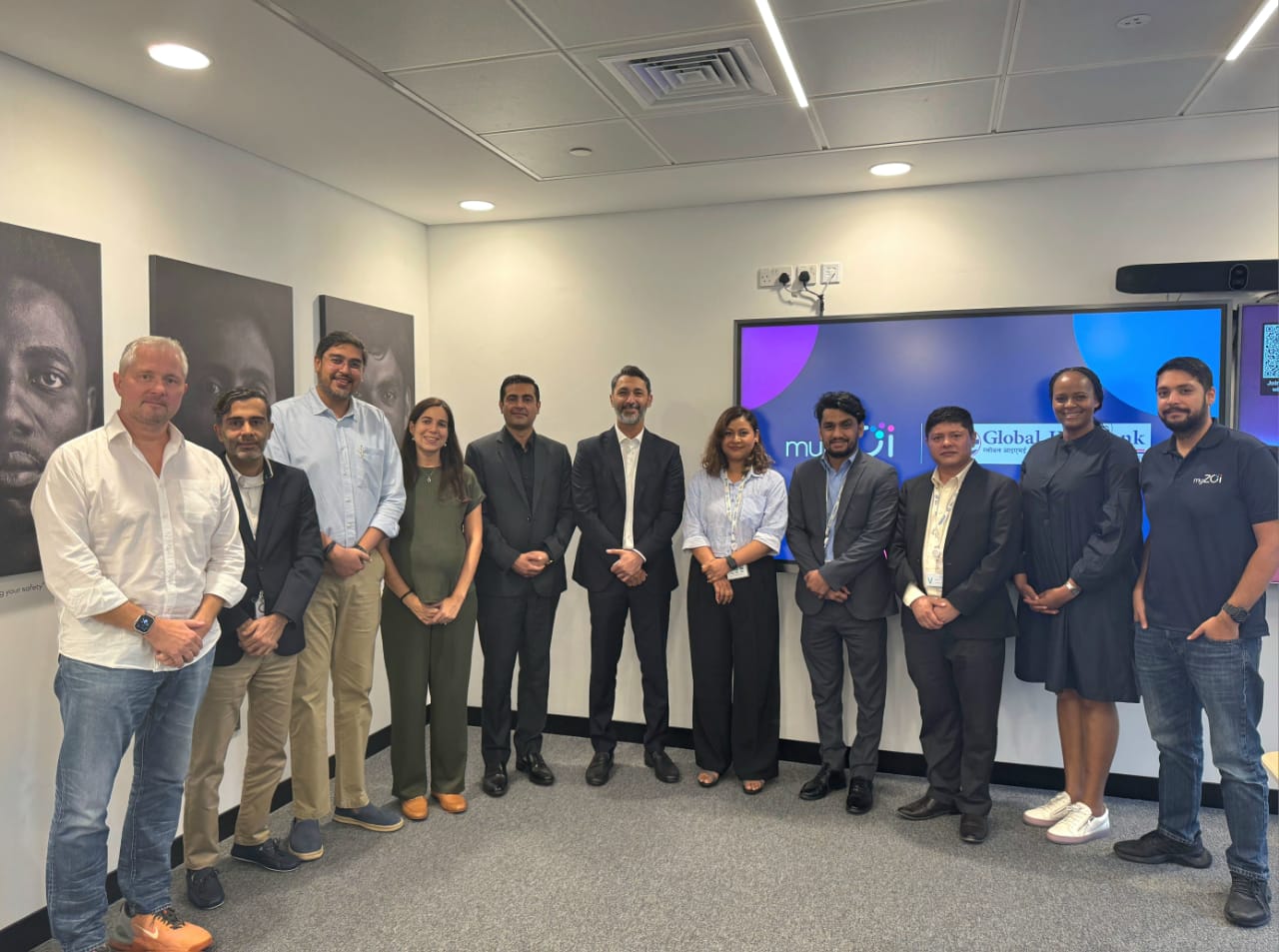Portia Ladrido/ Manila (Pahichan) November 12 – On May this year, two Indonesian men — who are residents of Aceh, a province in Indonesia that follows strict Islamic codes — were caned in public 83 times for engaging in homosexual intercourse. They were caught naked by vigilantes who barged into their homes without consent.
“That reveals a problem of due process. I mean, how could the Sharia court accept the evidence when it was done with such tainted elements?” says Ryan Silverio, the regional coordinator of the ASEAN SOGIE (Sexual Orientation, Gender Identity, and Gender Expression) Caucus, an organization formed by LGBTIQ activists from eight Southeast Asian countries (Myanmar, Cambodia, Indonesia, Malaysia, Philippines, Singapore, Thailand, and Vietnam).
To shed light on the continuous struggle of LGBTIQ communities across the region, the ASEAN SOGIE Caucus gathered data and information — outlining both the progress and the extreme regression that have simultaneously been taking place in Southeast Asia — in the newly launched report “The Rainbow in Context.”
Silverio says that they made the report just in time for the ASEAN Summit meetings to further lobby their advocacies, and also because there was no comprehensive information on the state of LGBTIQ rights in Southeast Asia. The report covers data from 2012 until 2017, and tackles the increasing criminalization and stigmatization of LGBTIQs, as well as addressing the pervasive view that LGBTIQ is a ‘western concept.’
The report also shows that there is a growing trend of governments to put LGBTIQ rights in a compromised position. Silverio says that there are governments who have criminalized LGBTIQ people by strongly implementing laws against their rights while there are also governments who are somehow open to LGBTIQ rights but only so they can cover up other human rights conversations.
“We think LGBTIQ rights cannot be taken in isolation. It has to be done together with other civil, political, economic, social, and cultural rights.” — Ryan Silverio, ASEAN SOGIE
In the Philippines, the recent approval of the anti-discrimination bill (one that has been “languishing in Congress for more than 20 years,” Silverio says) is a big step forward for the country. “But that’s the same Congress that voted to give the Commission of Human Rights a 1,000-peso budget,” quips Jan Castañeda, program associate of the ASEAN SOGIE Caucus. “We don’t want anti-discrimination to flourish in a sea of blood,” he adds.
Another case in point is Thailand. While the country has passed a gender equality law in 2015, it still is under a military junta that has curtailed freedom of expression and even jailed various activists. The ASEAN SOGIE has found that that this has divided LGBTQ communities in Thailand — one faction says that they should be taking advantage of the government’s support on gender equality, but another faction contends that LGBTQ rights shouldn’t be isolated from human rights, and that they don’t want to be tainted with blood.
“We think LGBTQ rights cannot be taken in isolation. It has to be done together with other civil, political, economic, social, and cultural rights. We take it with a grain of salt, we accept it, but we still hold governments accountable for other human rights violations they’ve committed,” Silverio explains.
Singapore, Myanmar, and Brunei, however, still have laws that criminalize sodomy (or intercourse between two men). Although the report does present that the Singapore government announced in a statement that they do not “proactively enforce” this law. Singapore is also one (of the two; the other is Vietnam) that has a law allowing people to change their gender markers on their legal documents. Vietnam, on the other hand, has contradictory initiatives where people are allowed to organize LGBT rights activities, but are prohibited to carry out activities pushing for civil or political rights, or freedom of expression and democracy.
In Brunei, like Aceh, they also adopt the Sharia code that imposes the ‘hudud’ (which can be in the form of stoning to death or public lashing) for those who engage in same-sex relations. The most critical country at the moment, Silverio says, is Indonesia, as there has been an increase in terms of local government units adopting local legislation penalizing same-sex relations in the last five years.
Compared to other Southeast Asian countries, the Philippines has had more significant advances. “There’s plenty of good news actually. So there’s Congress passing unanimously their own version of the bill. Now it’s up to the senate to fight it out — there’s the usual [anti-LGBTIQ] suspects: Pacquiao, Sotto, and Villanueva,” Castañeda says.
“And then there is of course the DepEd child protection policy, DSWD had a policy last year, when Secretary Judy Taguiwalo was still in place, where they allowed people to use uniform that match their gender identities, so if you happen to identify as a woman, you’re free to use the female uniform and so on,” he adds.
Castañeda also says that there have been developments in other parts of the Philippines. In Zamboanga, when their organization hosted a seminar on sexual orientation and gender identity in Southeast Asia, representatives from the local Department of Health were present, as well as the city mayor. “It was supported by many government officials, so what can be said about the Philippines is that there is a trend for numerous government officials to be more open and accepting of LGBT issues,” he says.
The most critical country at the moment is Indonesia, as there has been an increase in terms of local government units adopting legislations penalizing same-sex relations in the last five years.
Silverio and Castañeda also highlight that there have been over 20 local government units that have adopted local ordinances on gender equality, but only two cities — Quezon City and Cebu City — that have existing implementing rules and regulations (IRR). “Absence of IRR means legislation is there in principle, but I think what’s interesting to note also, recently, LGUs are starting to recognize the LGBT community as a viable sector to get votes,” Silverio explains.
Another progress made within the Philippine context (although not yet included in the report) is DepEd’s recent gender-responsive education policy, which entails a review of public schools’ curriculum to look at all forms of gender stereotypes, including LGBTIQ. The policy also mandates the observance of gender and development related events in schools; in fact, it states that June be celebrated as Pride Month. “Private schools will still have a stake in implementing that. At least in the public schools where many young Filipino people are studying, [they] will have a better place,” Silverio says.
Castañeda says that all these steps forward in the Philippines are also because of local activists who did not stop to fight for their rights, no matter how disheartening it can sometimes be. Notwithstanding these progresses made, Castañeda quickly clarifies: “All the same, we have to realize that this is the same country that has allowed the proliferation of extrajudicial killings and the targeting of human rights defenders.”
Through presenting the various challenges LGBTIQ communities still face, the ASEAN SOGIE Caucus seeks to influence ASEAN leaders and civic society actors in helping them push for basic human rights that have long been deprived of them. But Silverio also adds that they are aware that this is a conversation that needs to be taken to the fore over and over again, especially when existing governments are accountable to a lot more human rights violations.
“Look at the issue of the Rohingya. ASEAN still hasn’t come up with the common statement against it,” Silverio says. “The report is just one of the tools that we produced to continue our seemingly long term push.”
Copy : http://cnnphilippines.com
